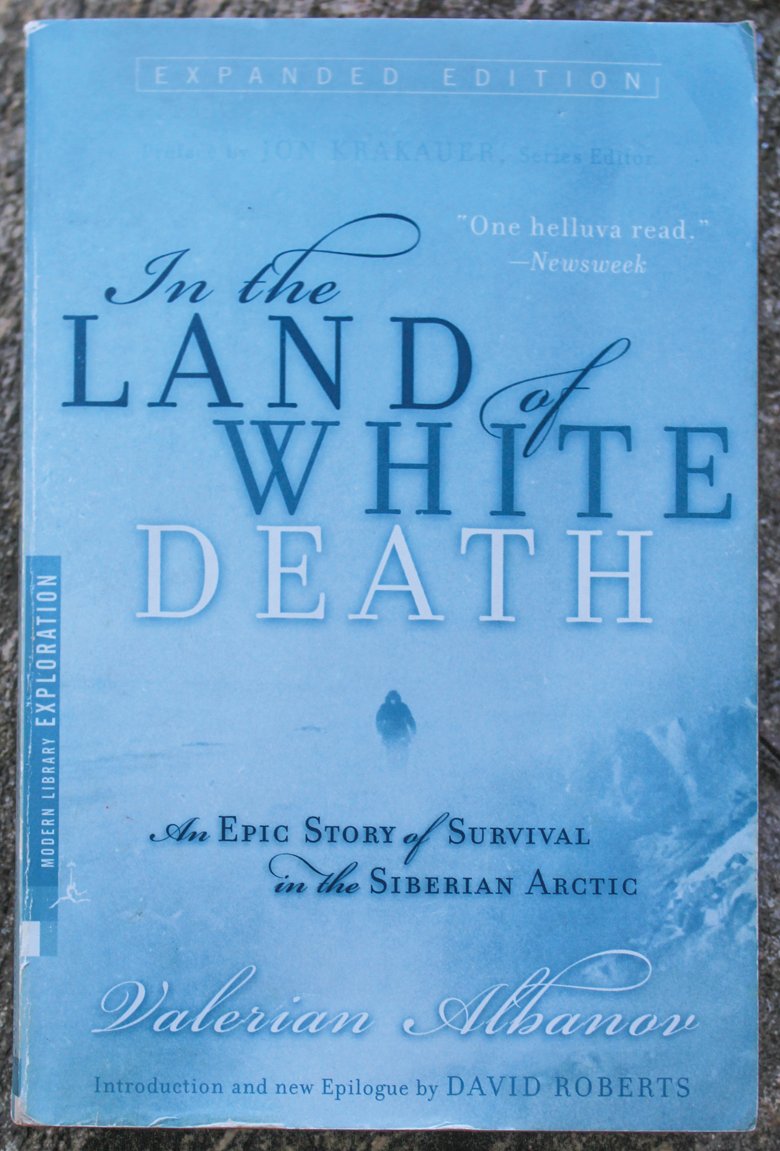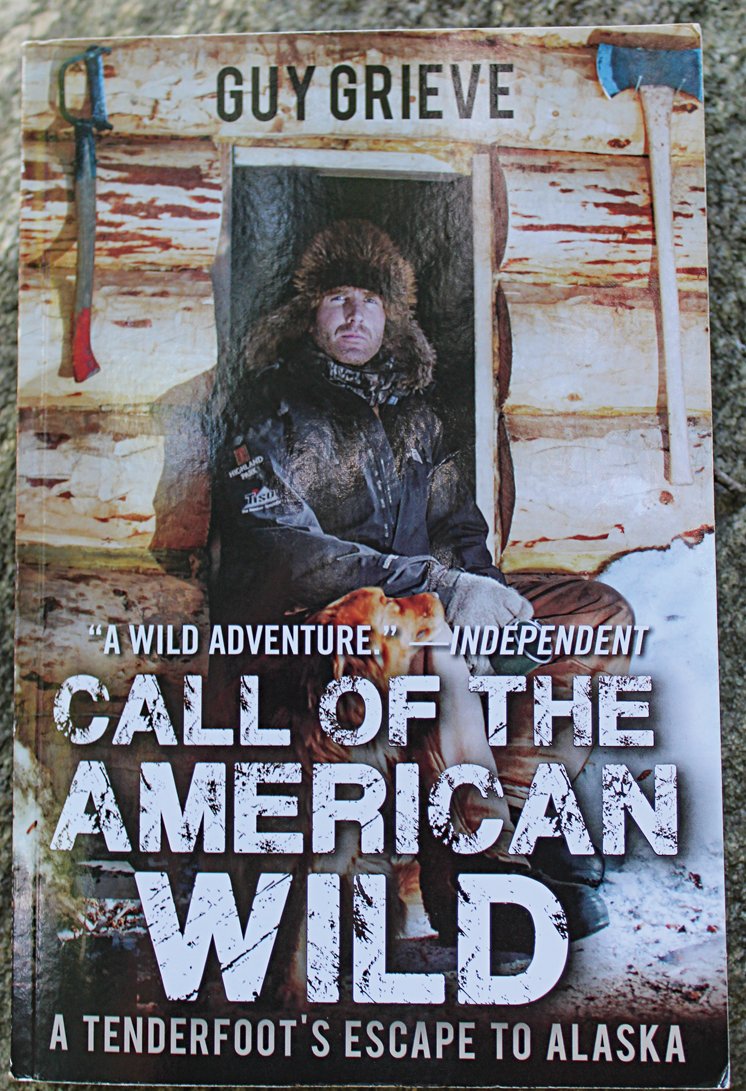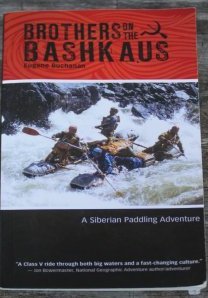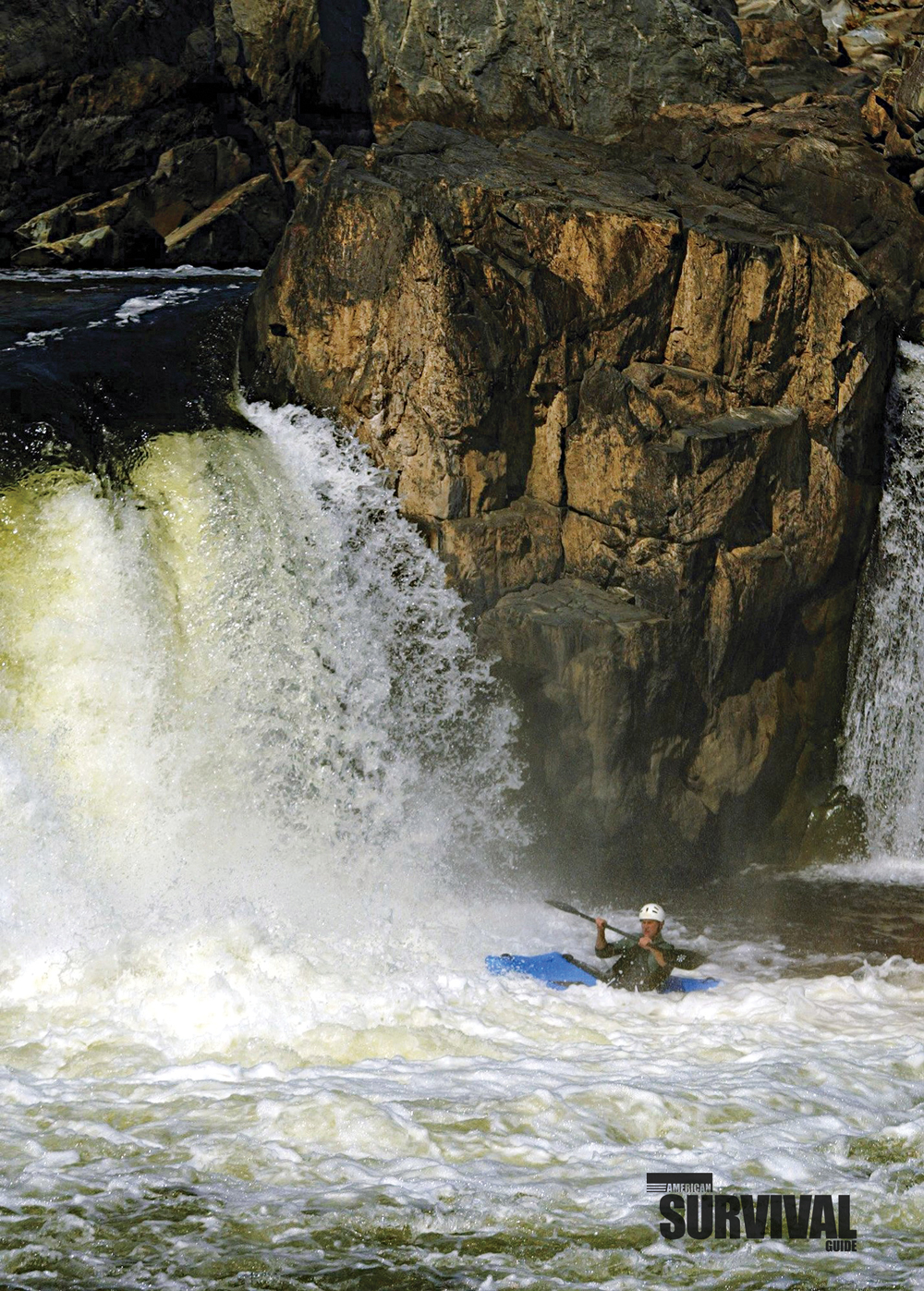Someone else’s experiences can be a good supplement to your training.
Along with many other writers, I fill the pages of American Survival Guide with useful information dealing with survival situations, gear and a host of other topics for preppers and survivalists.
Two areas we cover a great deal are gear and skills. If you ask any one of us what we thought the best tool for survival was, I’m willing to bet most of us would say, “our brain”—more precisely, our ability to think and apply lessons to critical situations that we’ve learned along the way.
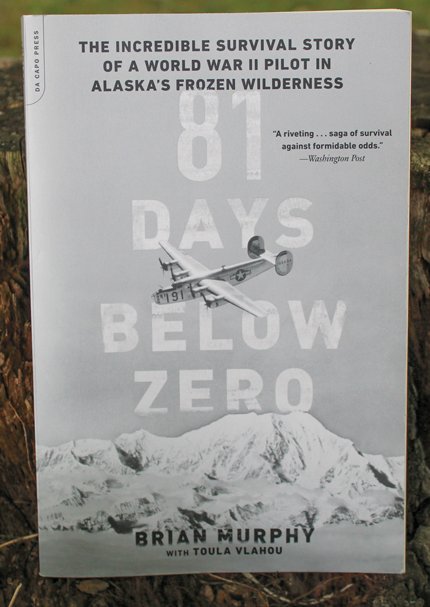
About 90 percent of survival revolves around problem-solving. The outcome of every situation you’ll find yourself in will depend on your ability to assess the circumstances, develop a response and then act accordingly. Sometimes, you’ll have time to think, but many times, the process happens in a split second.
This article will concentrate on gathering that information so you can keep your mind in the game and ready to respond.
Life Is a Learning Experience
None of us was born with all the information we need to make it in the world, especially in this day and age. We need to gather survival information from a variety of sources and, from these sources, lessons need to be learned.
That being said, we’re all born with the ability to think and use the genetic makeup needed for basic survival that’s buried somewhere deep within our brain’s cerebral cortex. The trick is to draw upon both our instincts and our ability to process new information. Doing that is what I consider the “learning experience.”
There are many ways to obtain the needed information. For one, there are a lot of great books full of information that ranges from identifying food sources to setting up shelter and starting a fire.
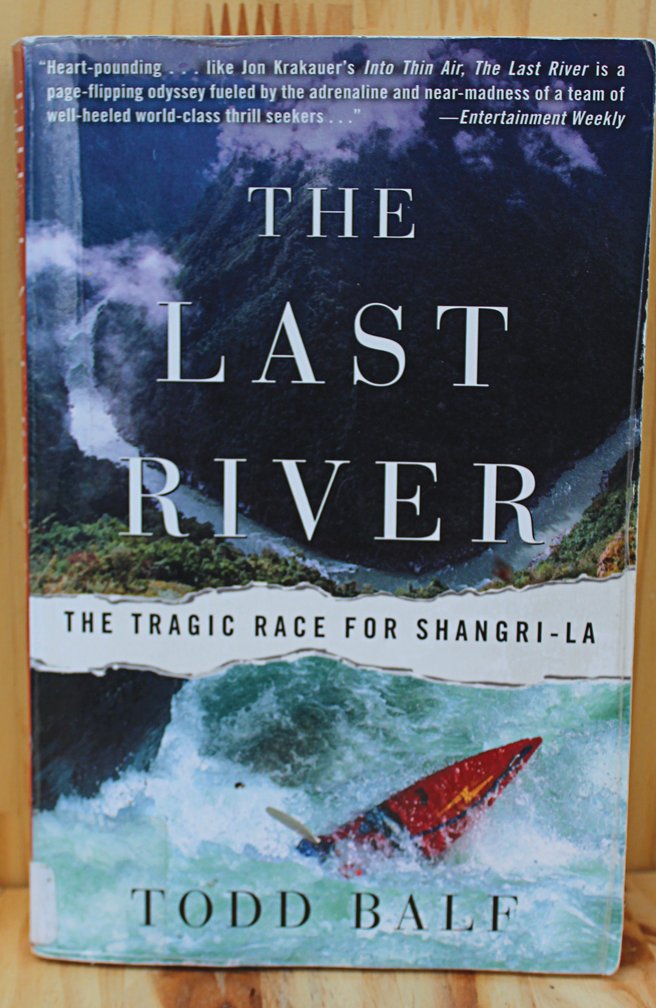
The problem with books that are loaded with information is that unless you actually get out and try the tasks described, get your hands dirty and make mistakes, the information remains just words on a page. Life is the best teacher of all, and learning things the hard way can be very painful. Nevertheless, I guarantee you’ll remember those lessons.
My body is full of scars from doing things the wrong way … once. I’ve broken bones and sprained joints, and I’ve felt the effects of eating things in the wild that I shouldn’t have. All these things taught me valuable lessons that expanded my knowledge base.
Another source of information comes from the experiences of others; many of them can be found in books about adventures that are written by those who have first-hand knowledge. As a writer, my goal is to do the same: pass my “been there, done that” experience on to you so you can avoid some of the mistakes I made.
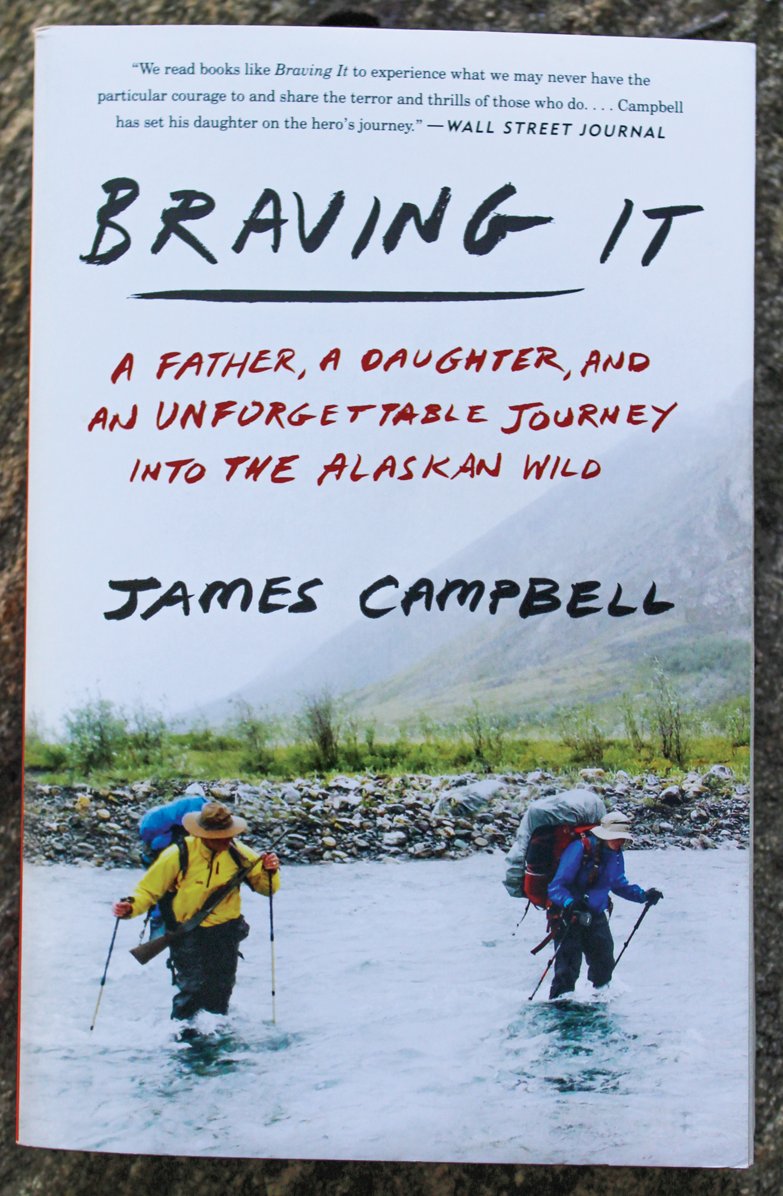
Adapt, Improvise and Overcome
No matter how much gear you have or how many survival courses you’ve taken, there’ll be times when life throws you a curveball. There are no rules in the survival game, and nothing ever happens as it was supposed to or according to how you were trained.
After 10 years of military service, the one thing I learned was to expect the unexpected and be willing and able to deal with it. When crap does happen—and it will—you must adapt (to the situation), improvise (continue the mission with the tools at hand) and overcome (complete the mission or reach the objective). Remember: Your ability to think is your greatest asset. Use it.
In his book, Brothers on the Bashkaus, Eugene Buchanan recounts the hair-raising story of how he and three other American whitewater experts faced the Bashkaus, one of the most dangerous rivers in the former Soviet Union.
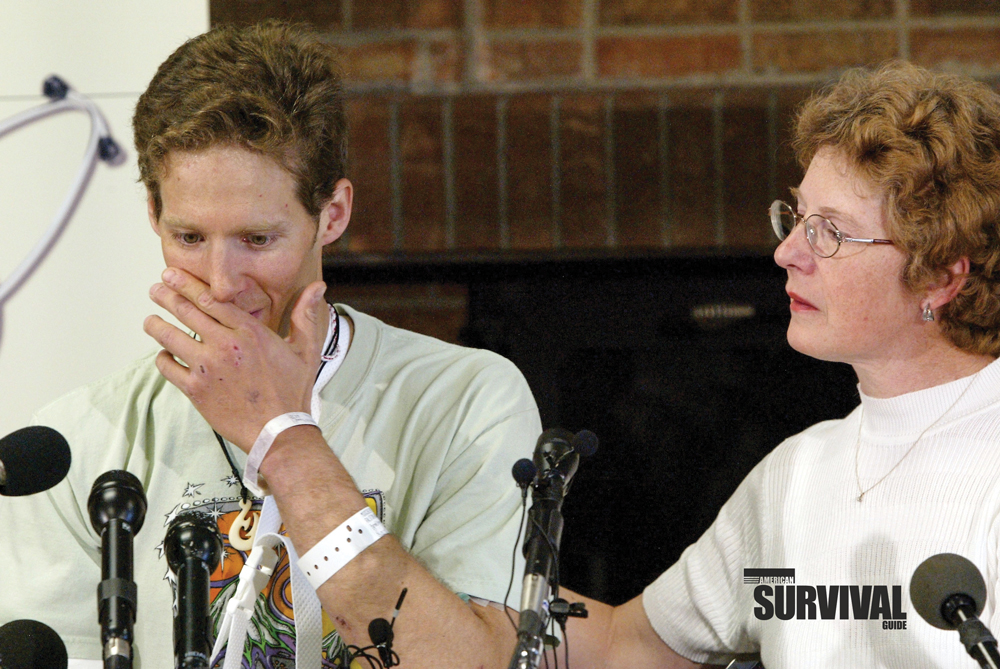
Despite good planning and bringing all state-of-the-art gear with them, things went wrong as soon as they arrived in Russia.
Unforeseen circumstances in Russia forced them to leave most of their gear behind, giving them no alternative but to team up with local river-runners. Facing a language barrier and using homemade watercraft, the Americans had to rely on their whitewater skills, a positive attitude and trust in their teammates to make it through. They had to adapt, improvise and overcome. At all times, they had to keep their mind in the game, because their very survival depended on it.
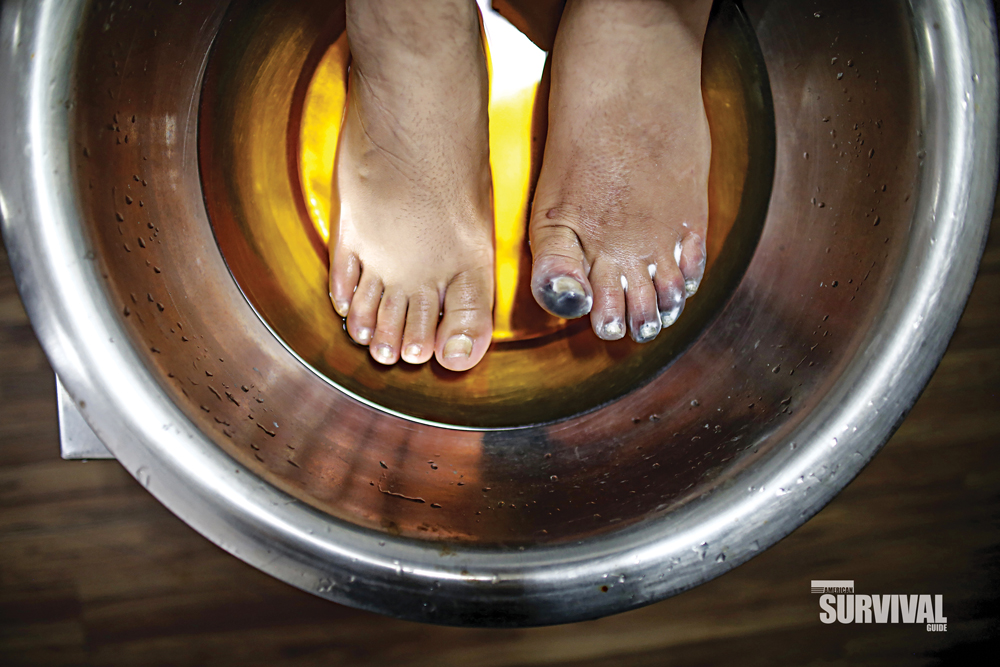
Know Your Limitations
“What doesn’t kill you makes you stronger” is a popular phrase. In some respects, it’s true, but sometimes, not realizing your own limitations will teach you the ultimate lesson: death.
A day doesn’t go by without me learning something. Anyone who tells you they don’t need to learn anything more, that they know it all, is a fool. You should stay away from people like that.
Never forget that there’s always someone who knows more than you do. If you keep your mind in the game, you’ll try to learn as much as you can from those people. This can be applied to any aspect of life.
I hear people say all the time that they want to live off the grid—to “live off the land.” They’ve read all the books and bought all the gear. Sure, it’s all great … until the SHTF. It’s then they find out the hard way that they didn’t have the proper mindset to survive.
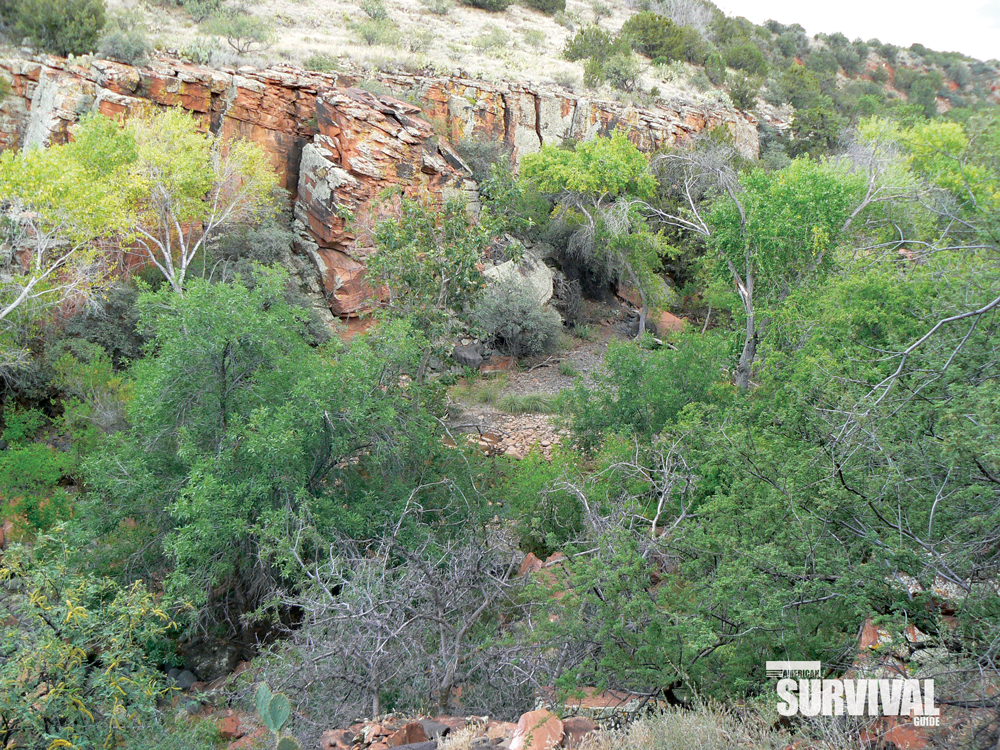
Jon Krakauer wrote Into the Wild, a book that tells the story of a young man who did just that and ended up paying the ultimate price for not facing up to his own limitations.
In April 1992, Christopher Johnson McCandless ventured to Alaska to get away and live on his own. While this is a thought many of us have had, McCandless’s problem was that he didn’t have the mindset to make it work. He had no real plan, and he didn’t properly prepare for his new life. Worst of all, he refused to acknowledge his own limitations. And that proved to be fatal.
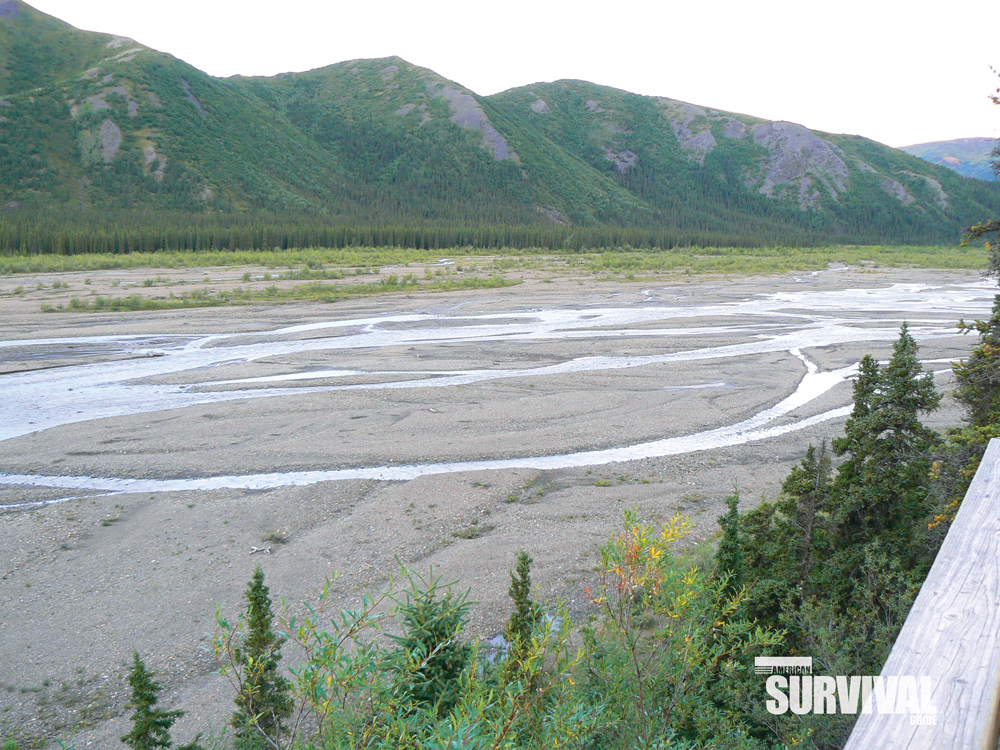
Escape and Evade
“Escape and evade” comprises a very important aspect in the world of survival. If you’re trying to survive, it’s usually better to extract yourself from a difficult situation than to stand and fight. The military teaches courses on this subject and, depending on what your job is, they can be extensive and pretty intense. Frontline personnel are often put into real-life scenarios and forced to use limited resources—and their minds—to make it to safety without being “captured.”
Civilian escape-and-evade courses, while still intense, can’t totally duplicate the military version for obvious reasons. What they both teach are the principles of problem-solving and keeping your mind in the game while under extreme pressure from numerous sources.
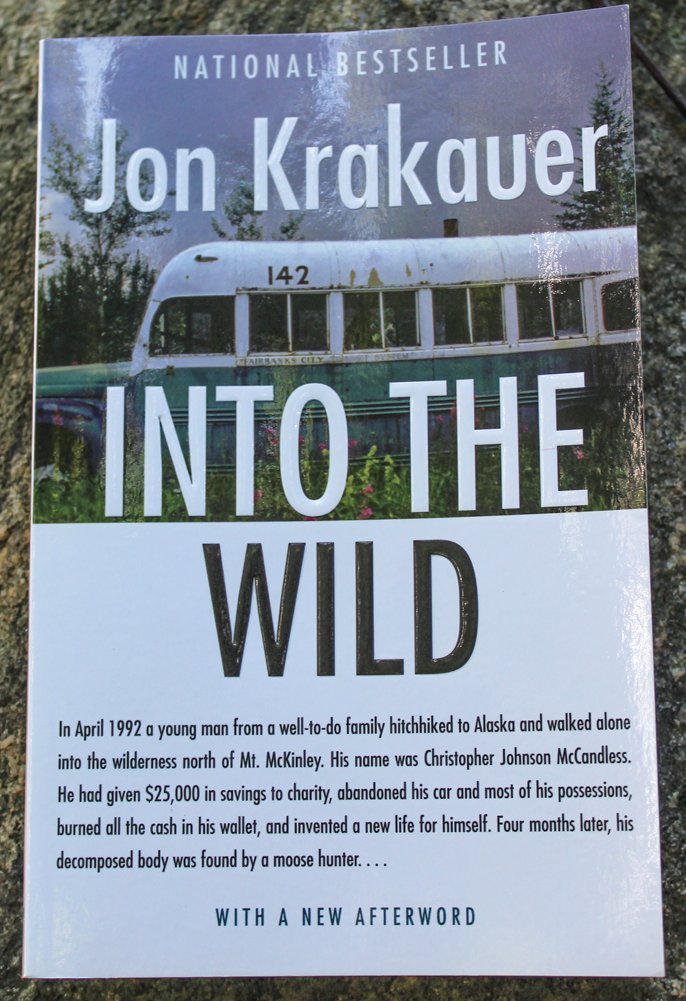
Brian Murphy’s 81 Days Below Zero tells the story of a World War II pilot forced to crash in the Alaska wilderness in the winter. The plane carried five crew members, but only one survived. The lone survivor, Leon Crane, managed to stay alive for 12 weeks. Although Crane wasn’t trying to evade, he was able to apply the survival lessons he was taught. Keeping a level head, he was able to solve problems under extreme circumstances. This book illustrates a real-life scenario and drives home the importance of learning and practicing the survival skills we always talk about in the pages of American Survival Guide.
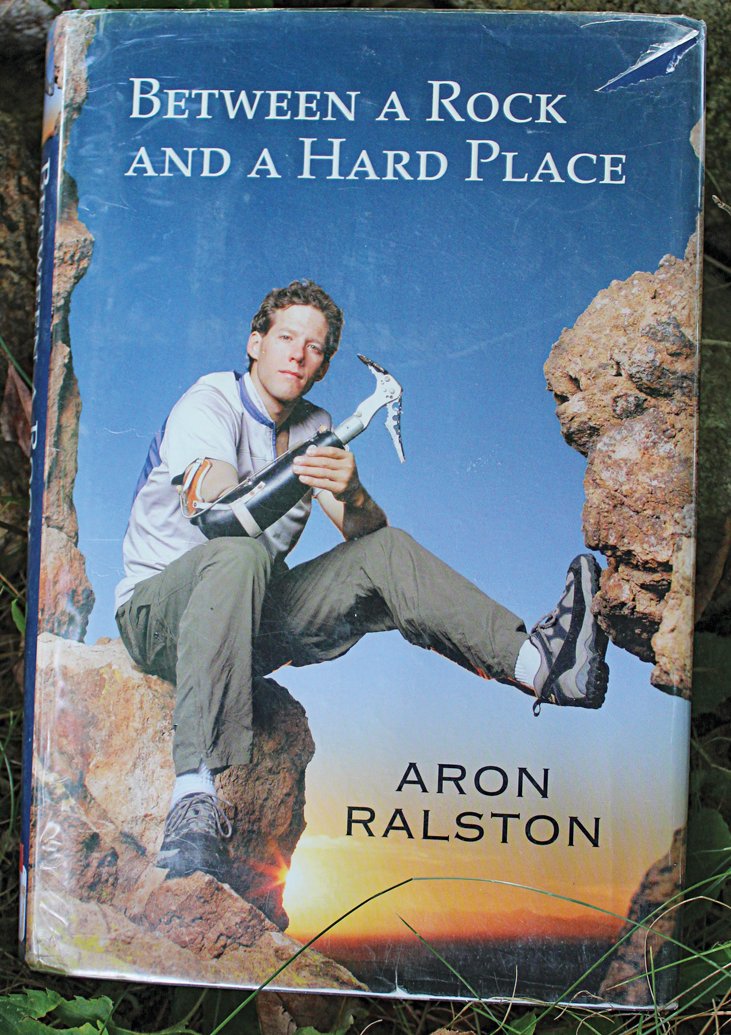
Never Let Your Guard Down
We’ve all been there: that guided hunting or fishing trip, whitewater rafting trip or even a dinner cruise with your wife or husband. When we go out on these excursions, we’re putting our safety—our very lives—in the hands of others. For me, that’s not a very comfortable feeling. For instance, on that dinner cruise, while everyone else is heading for the bar, I’m busy locating the PFDs (personal flotation devices) and escape routes. And, in restaurants and theaters, I always find the exits and then sit near them. My mind’s always in the game.
Sometimes, stuff just happens. Some things simply can’t be avoided. However, most of the time, threats to our lives are due to human error or action. When bad things occur and you’re not prepared, you’ll be in a world of hurt.
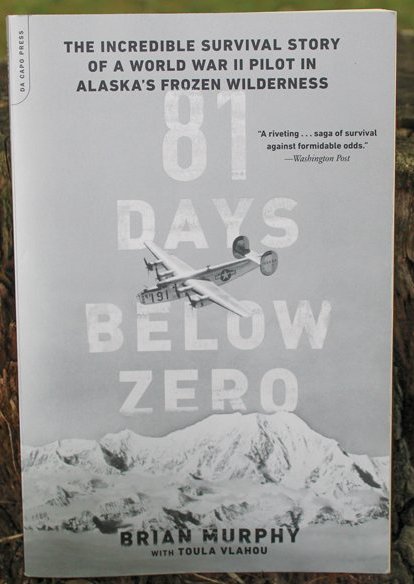
One such experience, during which bad luck and bad judgment compounded each other’s effects, is described in great detail in Into Thin Air, also written by Jon Krakauer. In 1996, he joined a team of climbers on an adventure of a lifetime: to climb Mount Everest. Some team members never made it back.
The team Krakauer was on was led by an experienced climber and consisted of people with a variety of climbing knowledge. The team wasn’t alone on the mountain, because other teams were making the ascent as well.
When you join such an expedition, you’re trusting your life to someone else; but, even so, you must never let your guard down; and always keep your mind in the game.
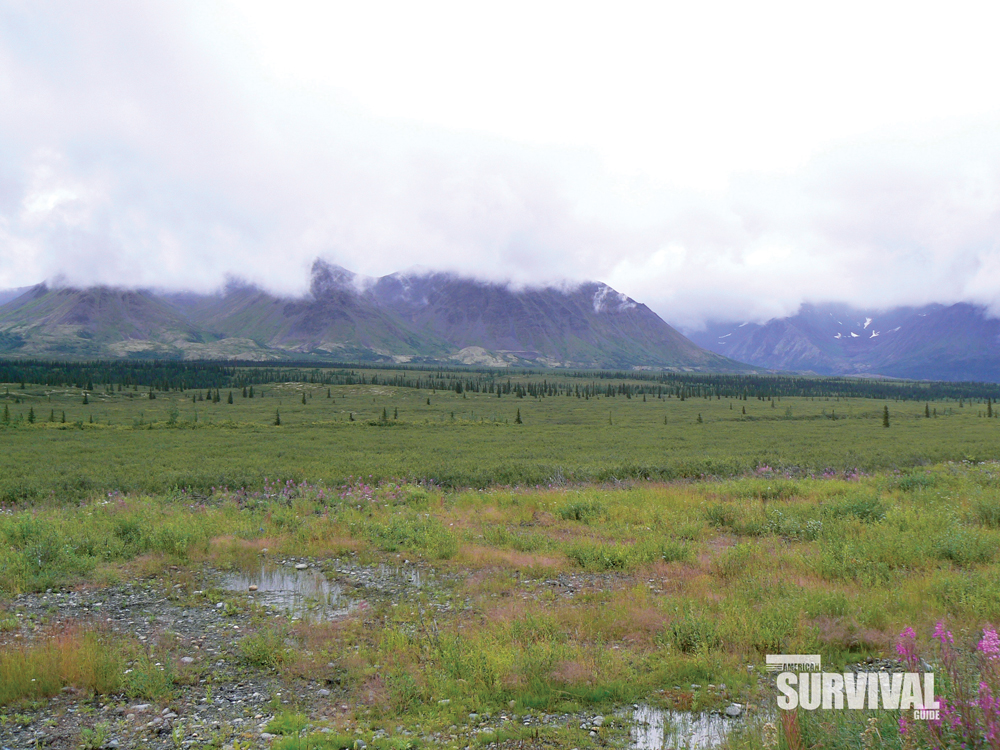
Mount Everest is dangerous, even in the best of times. However, on this climb, when the team was near the summit, a huge storm blew in out of nowhere, trapping most of the climbers. When it was all said and done, five climbers lost their lives, and many of the survivors were suffering from severe frostbite.
What allowed Krakauer to be one of the survivors? Despite the conditions, the hypoxia and nearly freezing to death, he kept his head in the game. He didn’t let his guard down, and he relied as much on his own skill as he did on that of his guide.
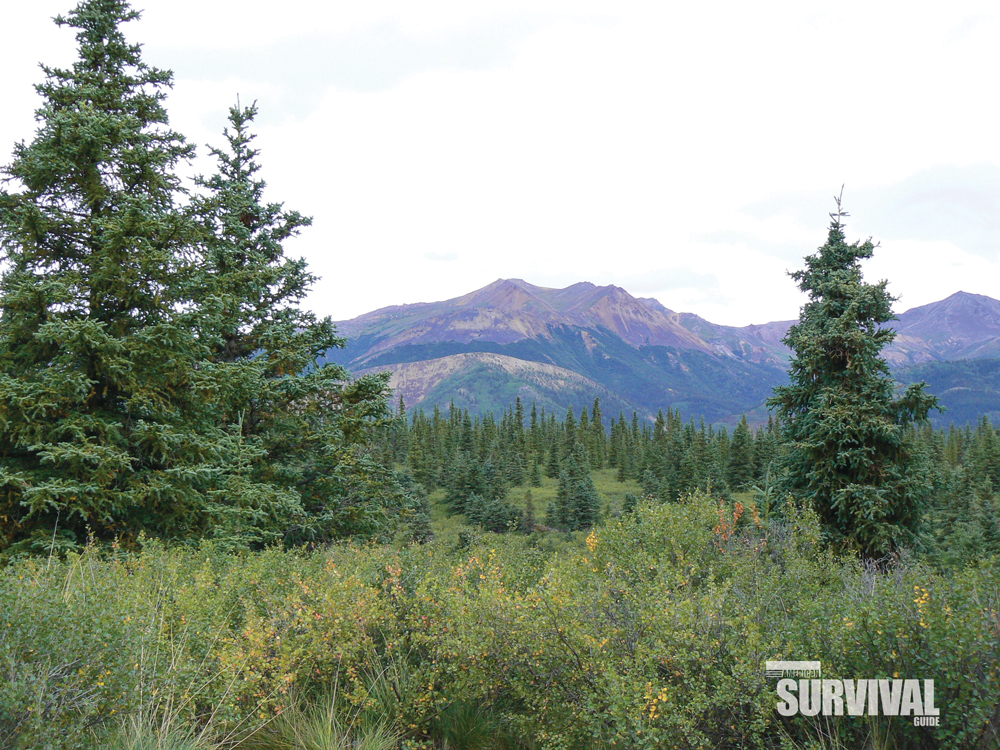
Ultimate Survival
“The trick to survival is just not dying.”
I’m not the first to say this, and I’m not sure when or where I first heard it. But it defines what we do. Survival means never giving up, never giving in and staying focused on success. None of these things is easy to do all the time.
In his book, Between a Rock And a Hard Place, Aron Ralston tells his story of being trapped in a slot canyon for six days with an 800-pound boulder trapping his right hand and wrist. An avid outdoorsperson, Ralston took his mind out of the game for a split second and committed the cardinal sin of not telling someone where he was going and when to expect him back. That one mistake nearly cost him his life.
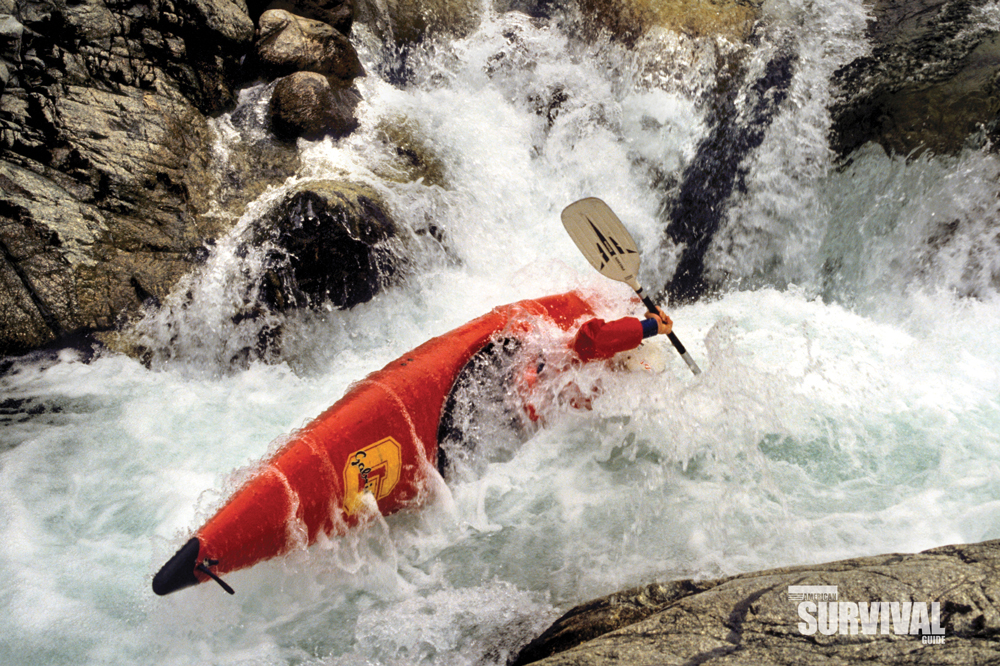
Ralston ended up rescuing himself by cutting his own arm off.
Most people learn better from hearing a story that helps them imagine the experience than from a lecture or written instructions. Books are another tool available to us as we learn what we need to know to enhance our safety. Experience remains the best teacher but, by reading about, and learning from, the experiences of others, we’re less likely to repeat their mistakes.
